Inglewood’s program had been chain-sawed by financial challenges and the pandemic, but Joseph Jauregui built it back up – and his students are winning scholarships
Children & Families
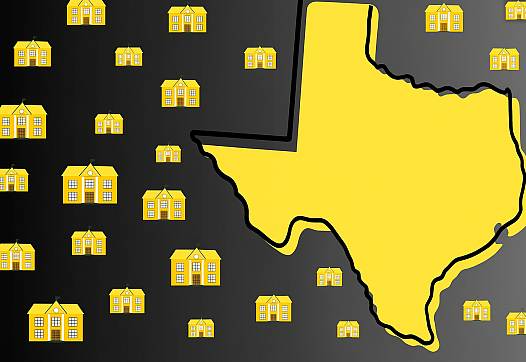
“The recommended ratio is one school psychologist per 500 students,” a representative from the Texas Association of School Psychologists said. “In Texas, we’re seeing numbers more like one psychologist for every 2,500 to 3,000 students.”

Federal rollbacks are leaving farmers and schools struggling, but local investment is helping Tucson’s program endure.
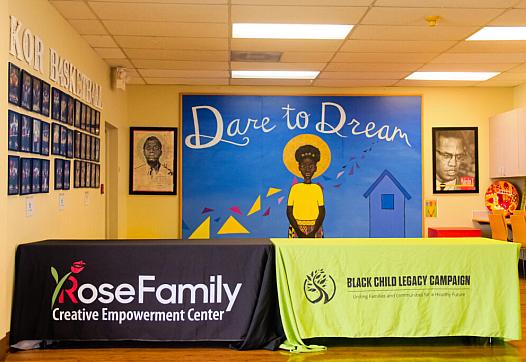
Sacramento County uses Black “cultural brokers” to help Black families navigate CPS and keep kids out of foster care. The program reunites families but is fighting for long-term funding.
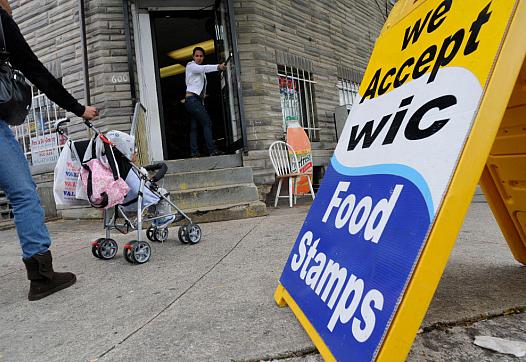
The massive changes to SNAP will hit low-income people hard for years to come.
It’s true that the rate of autism diagnoses in the U.S. have been rising. But experts say that it’s most likely due to the expansion of autism diagnostic criteria since the 1980s.
The diagnostic definition of autism has greatly expanded to include a much broader range of human behaviors, and we look for it more often than we used to.
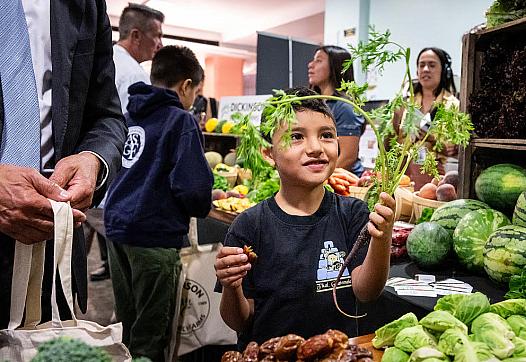
As SNAP budget cuts and expanded work requirements kick in, millions of children may lose access to free school meals.

While some improvements have been made, a lack of resources and cultural changes continue to challenge efforts to reduce absenteeism.
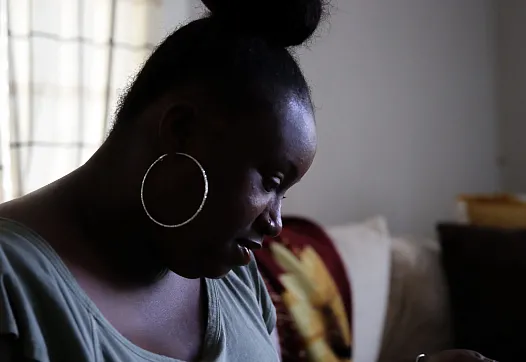
In Texas, a journalist uncovers a "shadow child welfare system that operates outside the purview of state officials, in spaces created by gaps in oversight and the law."
